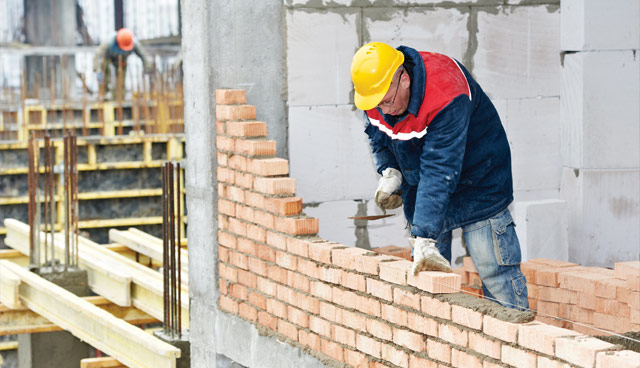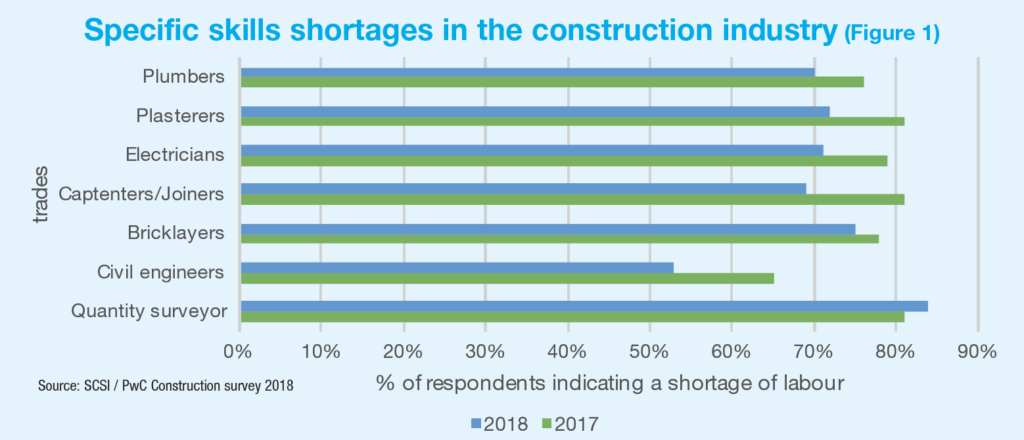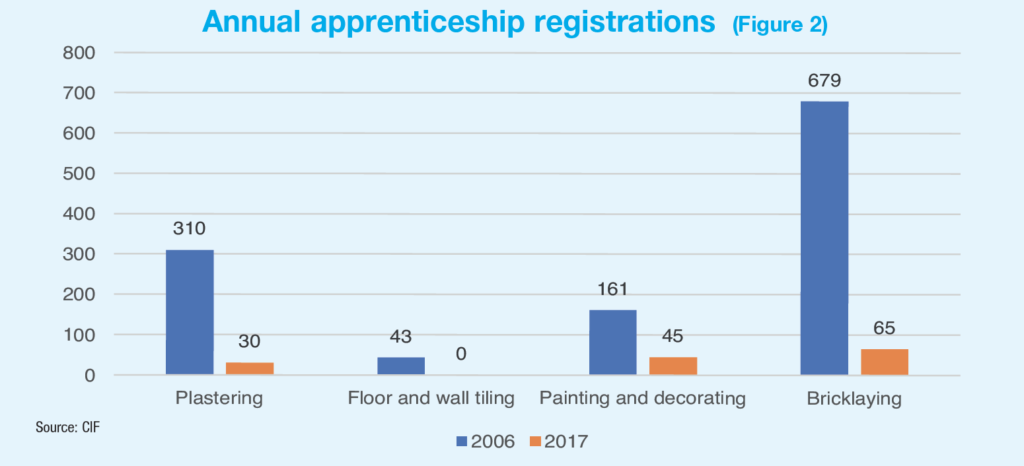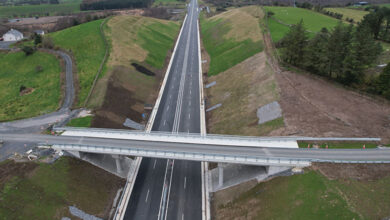NDP: Skills capacity

With the labour market nearing full employment, it is estimated that there are some 40 per cent fewer workers in construction than prior to the financial crash. Amidst rapid economic growth and long-term infrastructure planning, a notable skills shortage is emerging in the construction sector.
According to the Economic and Research Institute (ESRI), GDP in Ireland is predicted to grow at 4.2 per cent in 2019 on the back of an 8.2 per cent acceleration in 2018. The current economic climate is in stark contrast to that during the recession which caused an estimated 360,000 job losses, with many within the construction sector either opting to re-skill or to emigrate.
However, the legacy of the recession has had a deeper impact than physical manpower numbers. The construction sector has regained just some 46 per cent of those jobs lost during the recession but downturn also created a negative perception of the industry as a sustainable career path.
As a result, the number of young people opting to pursue training and apprenticeships has remained low despite the economic turnaround. The annual registration of construction apprentices has fallen from nearly 8,500 in 2006 to around 3,000 in 2018.
A recent Dublin Institute of Technology (DIT) survey on behalf of the Construction Industry Federation (CIF) identified an acute shortage in ‘wet’ trades and highlighted its extent by comparing annual registrations for apprenticeships between 2006 and 2017 (see figure 2).
In 2016, the Government launched the National Skills Strategy 2025 with a commitment to provide 50,000 modern apprenticeships and traineeship places to 2020. However, the strategy did not offer definitive figures in relation to construction. It’s estimated that following the publication of the National Development Plan (NDP), a 10-year pipeline of projects, the volume of skills needed to deliver on ambitions fall significantly short of what will be required. This has been identified in the establishment of a Construction Sector Working Group within the plan, bringing together the main government departments and agencies with responsibilities for policy and for the delivery of infrastructure as well as representatives from the construction sector. Part of its remit will be to look at the supply of necessary skills and enhancing capacity. A further impetus has been placed on STEM learning in education.
In the short-term, Ireland’s move to address skills shortages, recognised by 86 per cent of construction companies within the CIF research, will require the attraction of labour from abroad, which in itself poses challenges in the current climate.
Currently recruiters in Ireland are conducting a global talent search, with a focus on getting Irish emigrants to return home. The challenge, however, appears to be convincing those people that the industry, which was so highly exposed to the boom and bust of the economy, is sustainable in the long-term. Tied in with this is the issue of a lack of affordable housing and spiralling rental rates in the State’s capital.

This job will not be aided by the Brexit process. Although a number of potential advantages have been identified for Ireland following the UK’s departure from the EU, such as greater attractiveness to EU workers currently based in the UK and cheaper materials in the event of a decline in sterling, uncertainty continues to pose a challenge. A hard Brexit will undoubtedly have negative economic implications for Ireland and economic volatility is a challenge to talent recruitment. It’s not just individuals which Ireland will be required to attract. Amidst a global ‘talent war’ the State must compete with the likes of London and further afield in Europe for the specialist skills required to complete large infrastructure priorities such as housing, transport and regional expansion. Speaking recently to eolas, Dublin Airport managing director, Vincent Harrison indicated that recognition of the level of investment available in Ireland through the NDP is not as widely recognised by international construction companies as some might presume.
Undoubtedly the continuity of long-term infrastructure planning provides a level of certainty and a roadmap which the construction sector favour. The phased roll out of the NDP’s priorities should incentivise international firms to Ireland on the basis of involvement in multiple projects. However, there have been concerns raised around the heavy allocation of exchequer funding in the second half of the plan could lead to a bottleneck of applications in An Bord Pleanála. In turn, the approval of multiple projects within the same timeframe will likely lead to conflicting requirements for labour and skills. As Ireland seeks to build on economic growth and prepare for future population demands, access to skilled labour will be essential to delivering on its ambitions. A recognisable shortfall in capacity within the industry for these ambitions will require a three-pronged approach of extra provision from the education sector; in-house up-skilling and re-skilling within organisations and the attraction of international talent.






